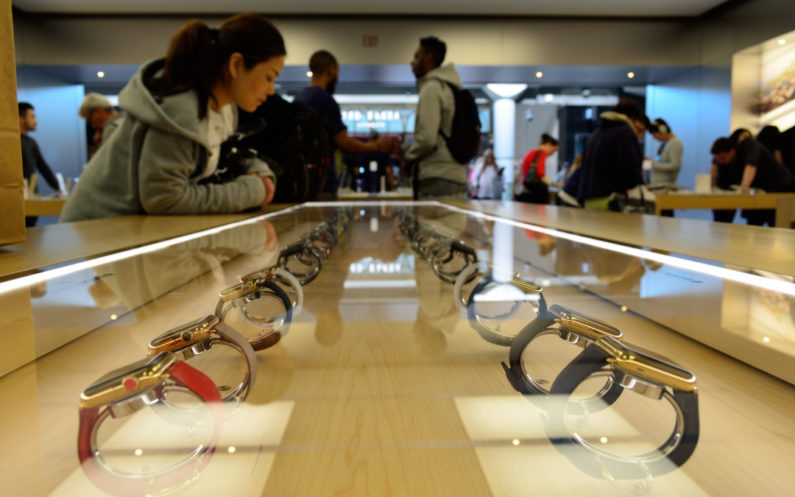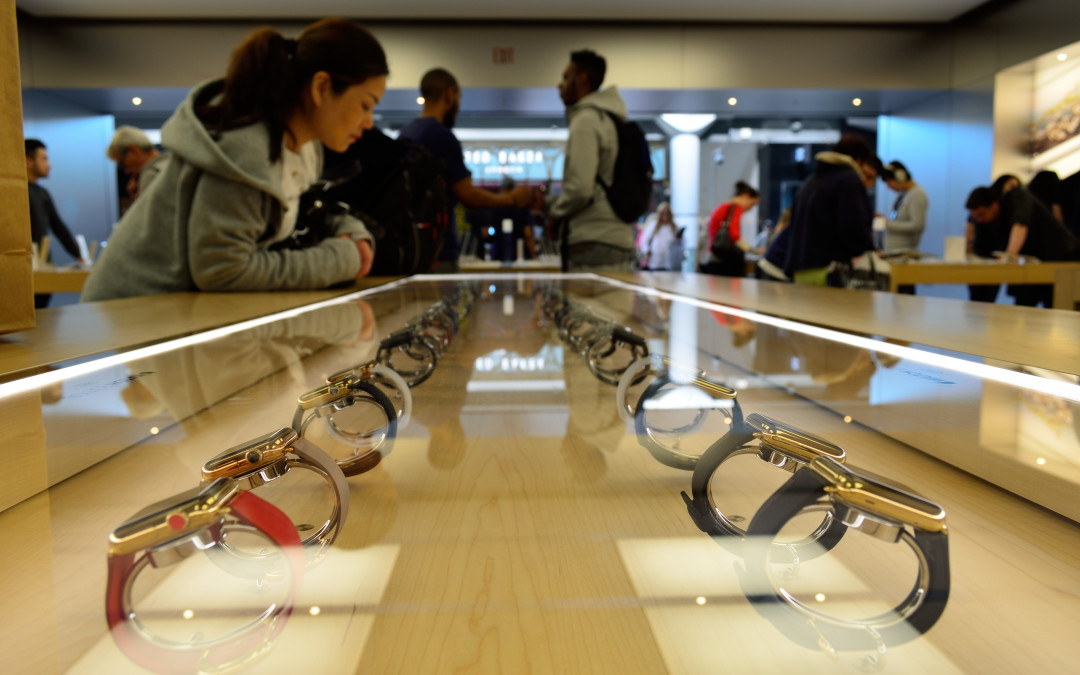With the rise of new healthcare and informatics devices, wearable electronics have seeped into the consumer space and have been quickly adopted by the medical, health, and fitness industries. Industry reports indicate that the market for wearable technology will reach $70 billion by 2025 — $20 billion was spent in wearable tech in 2015 and this is expected to jump to $70 billion by 2025 as the healthcare sector develops more programs and technologies that incorporate wearable tech.
From wristbands with heart rate monitors to calorie trackers and advanced pedometers, many consumers are jumping on the wearable tech bandwagon to keep track of their daily habits and play a more active role in their health. Human resources departments at many major companies and firms have started using wearable tech in the workplace, encouraging employees to take care of their health and wellness so they can be happier, more productive employees. But what types of implications will this have on employees of the future and HR departments at a whole?
Fitbit, one of the leaders in the wearable tech space, announced last year that it will be extending the reach of its corporate wellness programs by making sure its technologies are compliant with HIPAA laws to protect patient privacy. This move allowed the company to give 335,000 Target employees personal fitness trackers and the company already works with more than 50 Fortune 500 companies, according to a report from Fortune Magazine. This means the data Fitbit collects would only be used by certain entities. By extending the reach of their programs, more companies using Fitbit wearable technology would possibly be able to monitor their employees’ health and wellness and possibly have access to employee data.
Companies that have already adopted wearable tech into their company culture are keeping things fairly simple, encouraging employees to pay attention to their health and giving out tracking devices in an effort to support their mission of supporting a healthy workplace. For many companies, like Target, the initiative complements the company’s efforts to promote health and wellness in the workplace.
Of course, this type of access does raise some privacy concerns and questions about whether HR should have this type of information on record — and what they intend to do with it. If companies required all employees to comply and certain employees felt it was too invasive, would these employees have the option to opt out? How much power and authority does the company have when accessing the data they collect? Would they use this information to evaluate an employee’s health status?
These are important questions to consider when exploring the idea of having HR implement any type of wellness program that involves giving employees fitness or health trackers. Some companies have already disclosed that implementing such programs is linked to being able to negotiate lower rates on group insurance policies, according to Bloomberg.
Wearable technologies are here to stay and as more consumers become comfortable with the idea of tracking their daily activities and lifestyle choices, the opportunities for data collection are limitless. However, when HR requires employees to use this technology and share data, there may be some privacy concerns. As long as employees have the option to participate without any repercussions, many companies may be able to adopt wearable tech for the workplace as part of company health and wellness initiatives.



